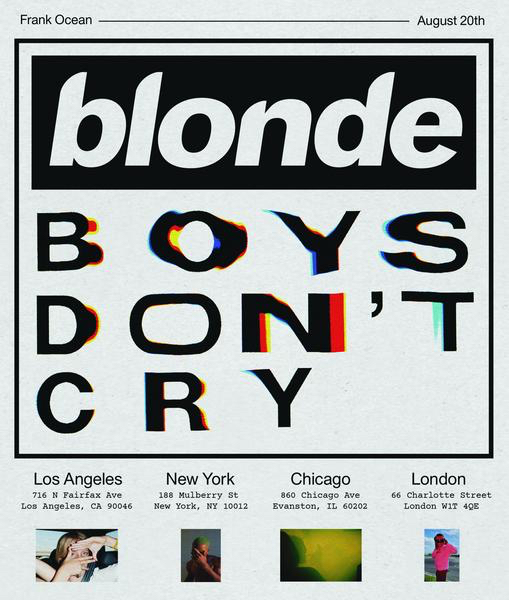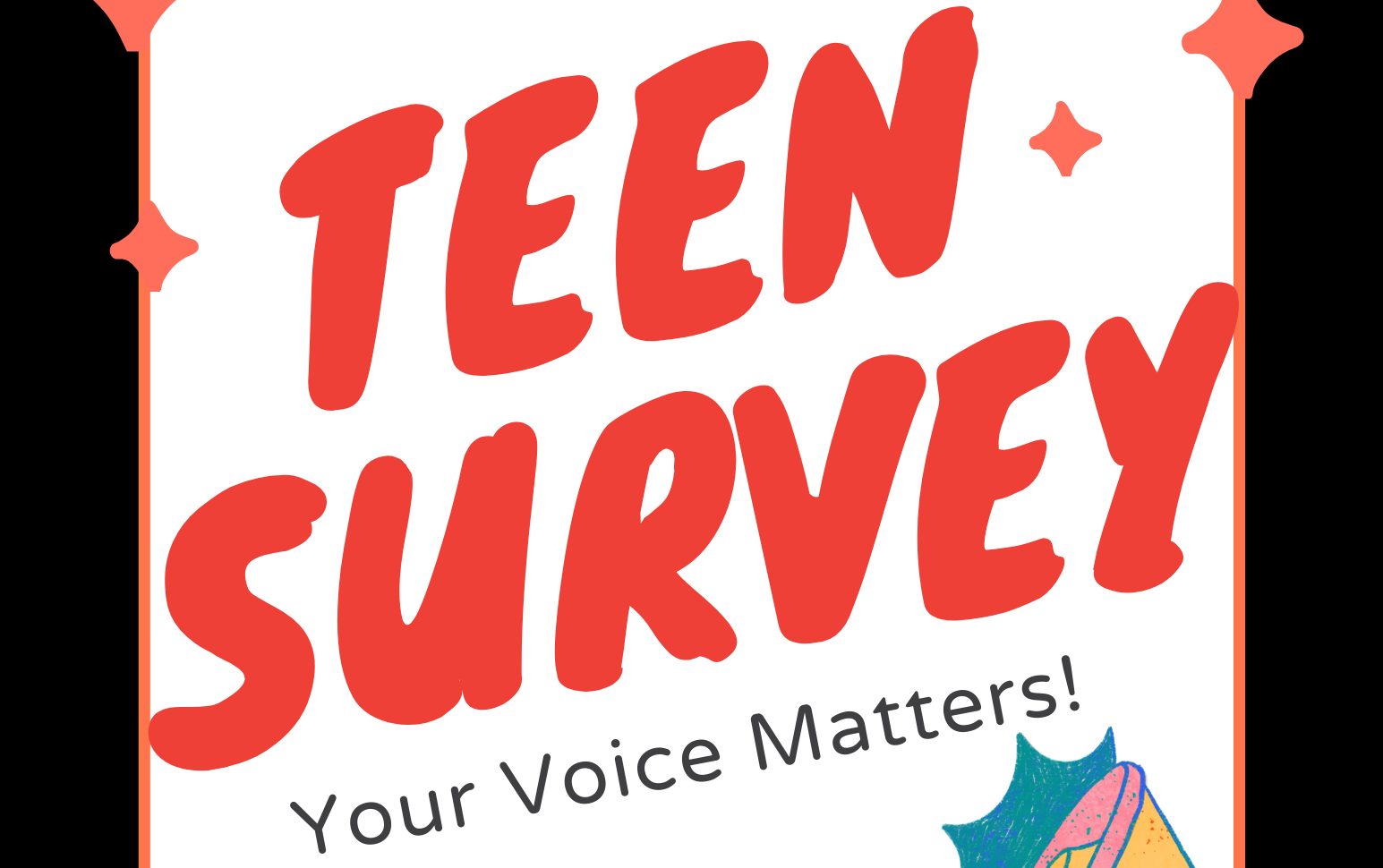After four years of tirelessly awaiting a new Frank Ocean Album, “Blond” finally blessed the masses with its release in August. I discovered the album through Snapchat when I swiped to the right and saw my face framed by the “Blond” Apple Music-sponsored filter. Naturally, I proceeded to check Snapchat’s Live Stories. I watched as fans flocked to a Pop Up Shop in Los Angeles, securing coveted copies of the album and zine, both wrapped in a beautiful silver package labeled, “Boys Don’t Cry.”Almost instantly I was caught up in the excitement, and I downloaded Apple Music just so that I could experience the album for myself. I have been a Frank Ocean fan since his release of “Channel Orange” in 2012, and the thought of waiting any longer to listen to “Blond” did not even occur to me.
During my first time listening through “Blond” I was truly captivated by Frank Ocean’s sound. His entrancing beats and intoxicating voice filled my soul with a feeling that was borderline spiritual. But, on my second time through the album, I solely focused on the lyrics. This is what I found was truly inspiring. Frank Ocean’s lyrics have historically been centered around sex, drugs and love (typical of the rap and R&B genres). Although this album definitely still contains his signature topics, Ocean also succeeds in addressing important topics in today’s society: racial profiling, police brutality and Black Lives Matter.
Trayvon Martin’s name may sound familiar. He was a 17-year old in Florida who was fatally shot by George Zimmerman in 2012 while returning from the store. Although this wasn’t the first or the last fatal shooting of an unarmed African American, Trayvon Martin’s case became the face of the Black Lives Matter movement. On “Nikes,” the opening track on “Blond,” Ocean sings, “RIP Trayvon, that n**** look just like me.” In the “Nikes” music video released on Apple Music, Ocean holds a framed picture of Martin. While this was undoubtedly a tribute to Martin, Ocean also addresses the issue of police brutality and racial profiling in a subtle but powerful way. By comparing himself to Martin, Ocean makes the issue personal. He points out that even a well-known African-American celebrity could have been the victim of a tragedy like Martin’s.
In “Solo (Reprise),” featuring Outkast’s Andre 3000, Ocean states that he is “so low that I can admit when I hear another kid is shot by the popo it ain’t an event no more.” Sadly, racial profiling and police brutality have been all too familiar in the news, and examples aren’t hard to come by. Some even hit close to home with the murder of Deravis Caine Rogers, an unarmed 22-year-old Atlantan killed this summer by Atlanta police officer James Burns (the officer was fired by Atlanta Police on July 1 and has been charged with murder).
Music is the universal language for all people, and it is truly a powerful platform because it connects people of all races and cultures. By addressing police brutality, racial profiling, and the Black Lives Matter movement, Frank Ocean succeeds in expressing how he feels on this very touchy topic and brings awareness to the issue.
As a budding African American musician and songwriter, I truly appreciate it when artists venture out and actually address issues that truly matter, which is why I rate “Blond” 10/10.
Faith, 16, is a junior at Milton High School who loves music and plays the guitar and ukulele every day.




